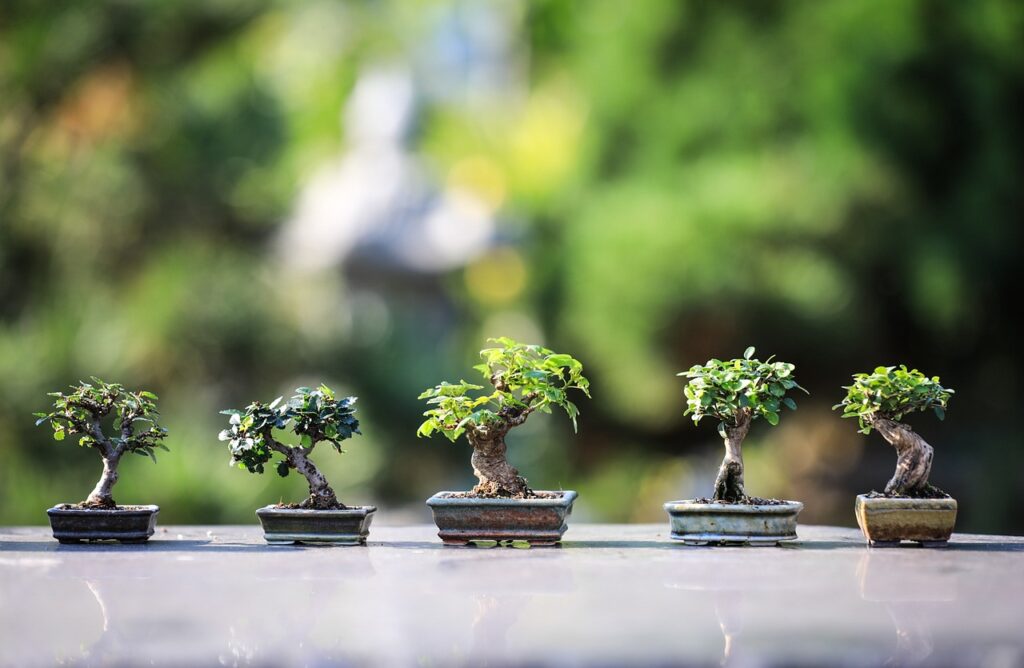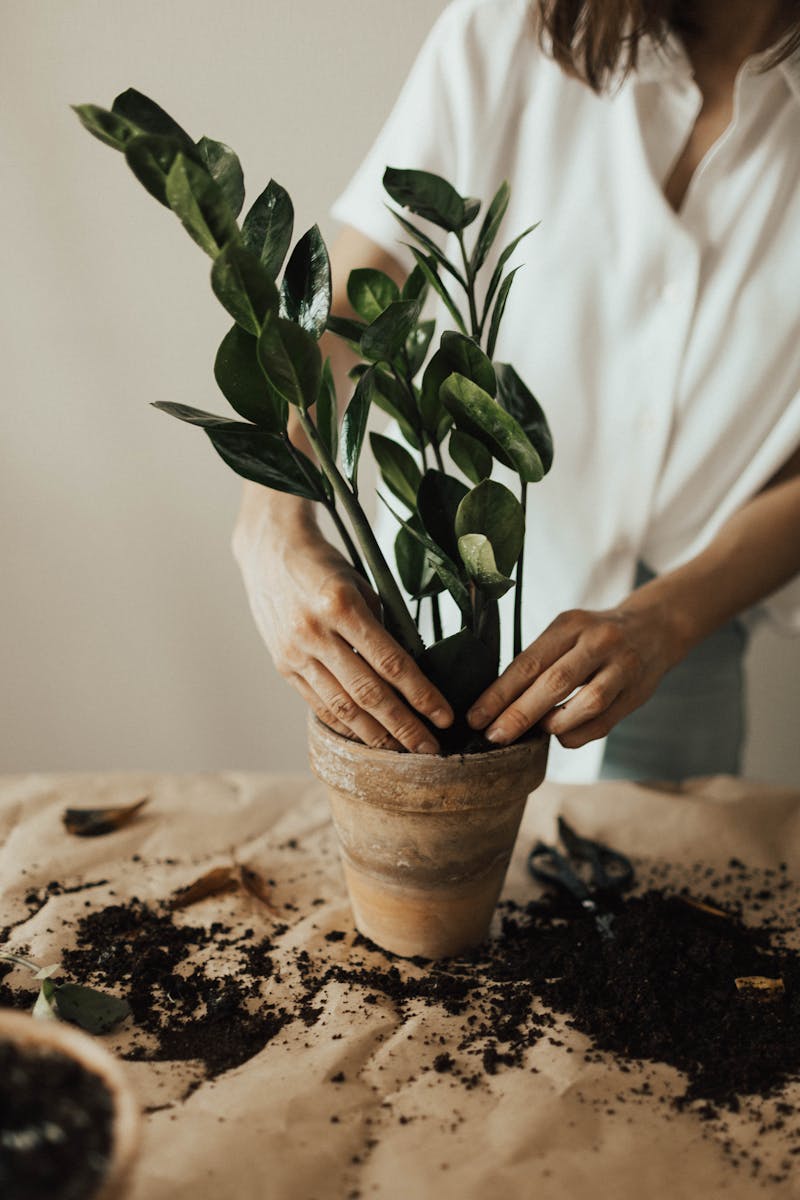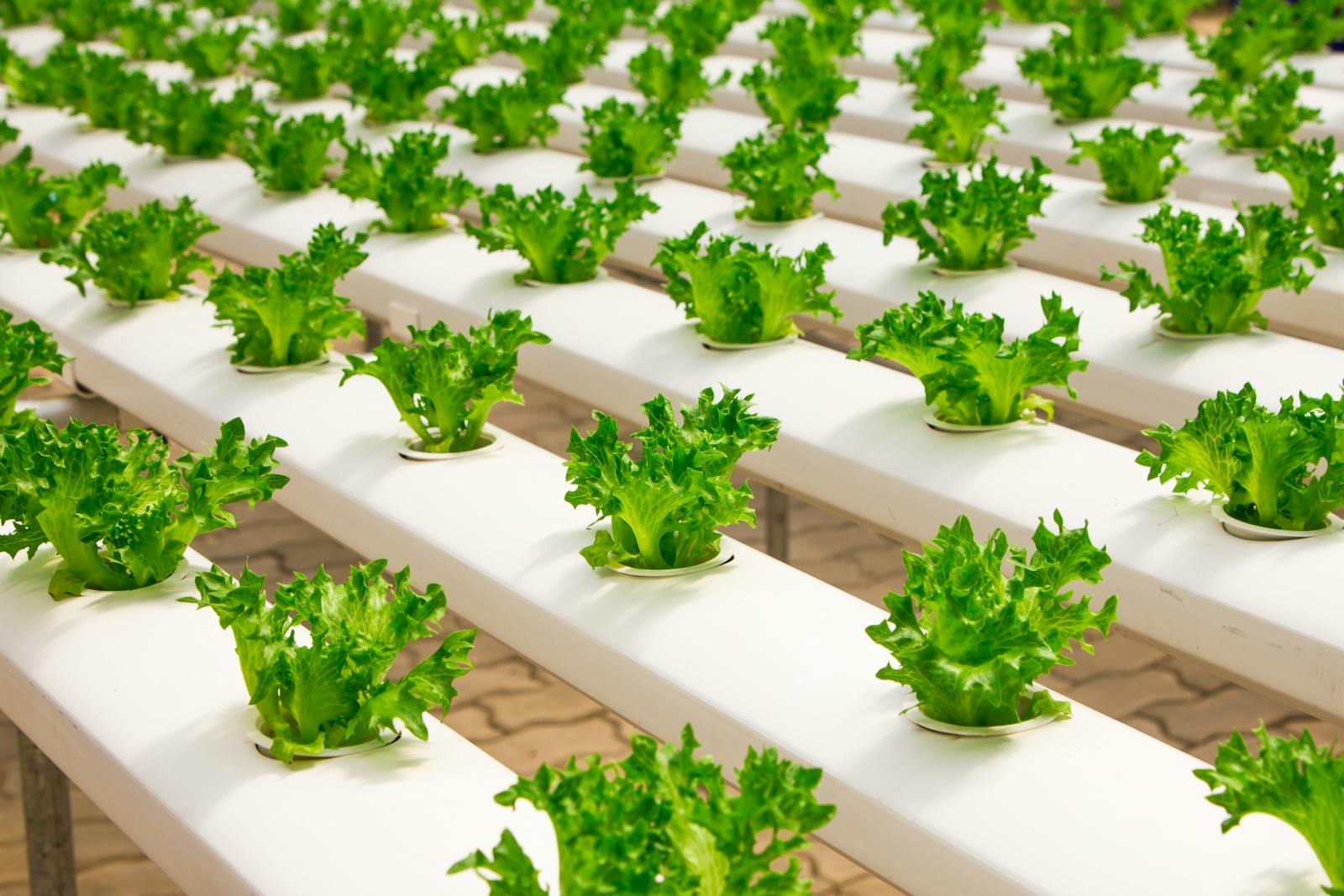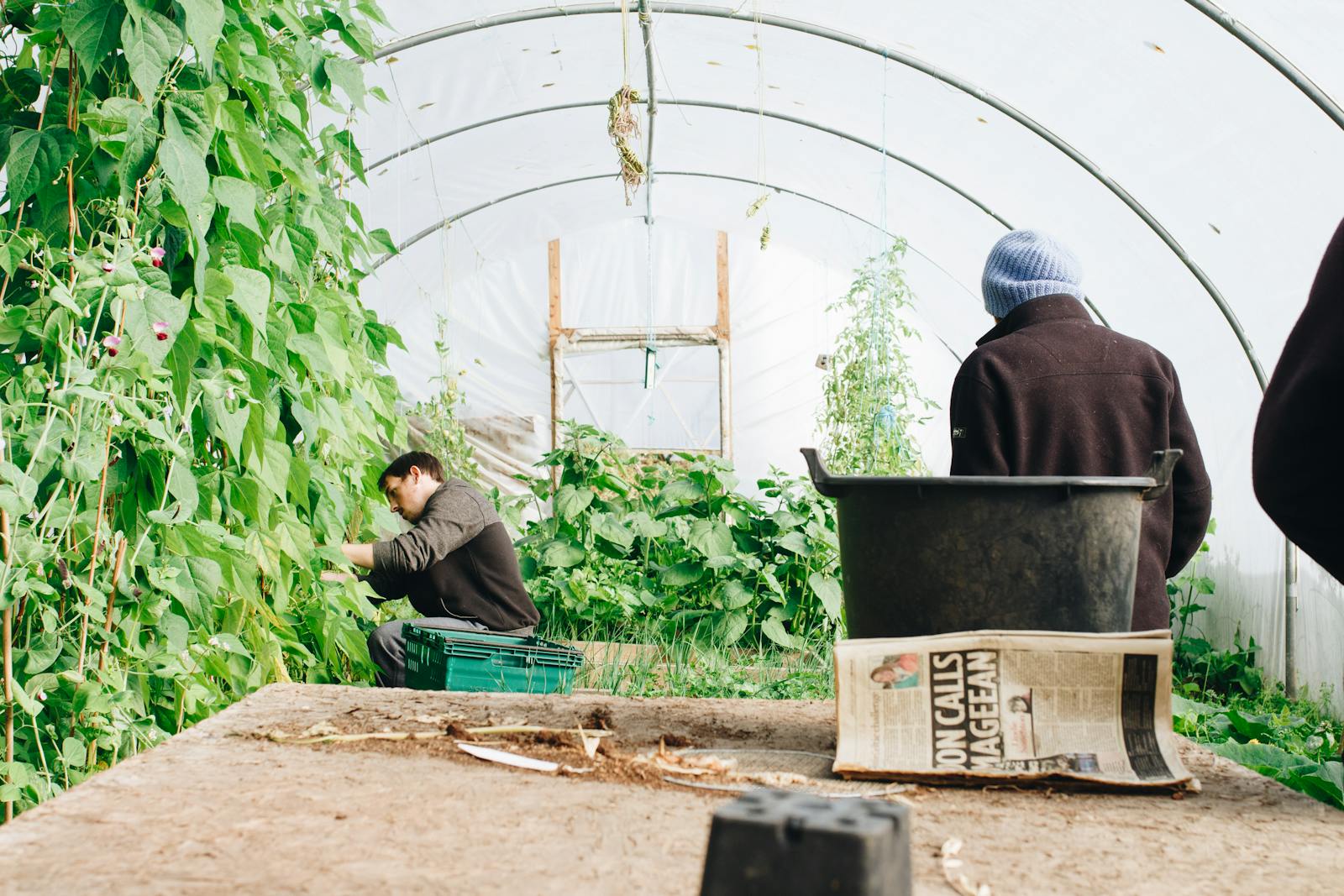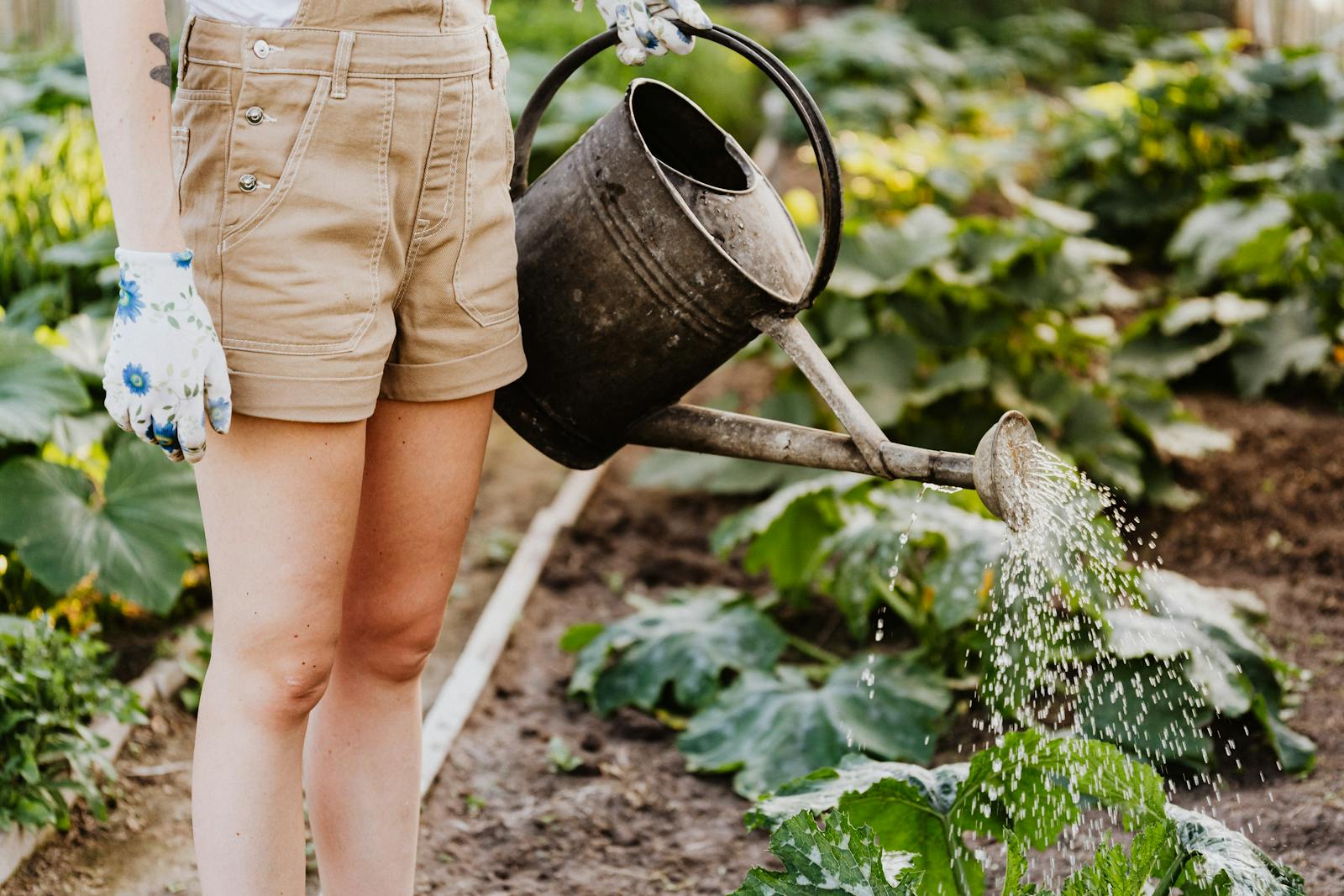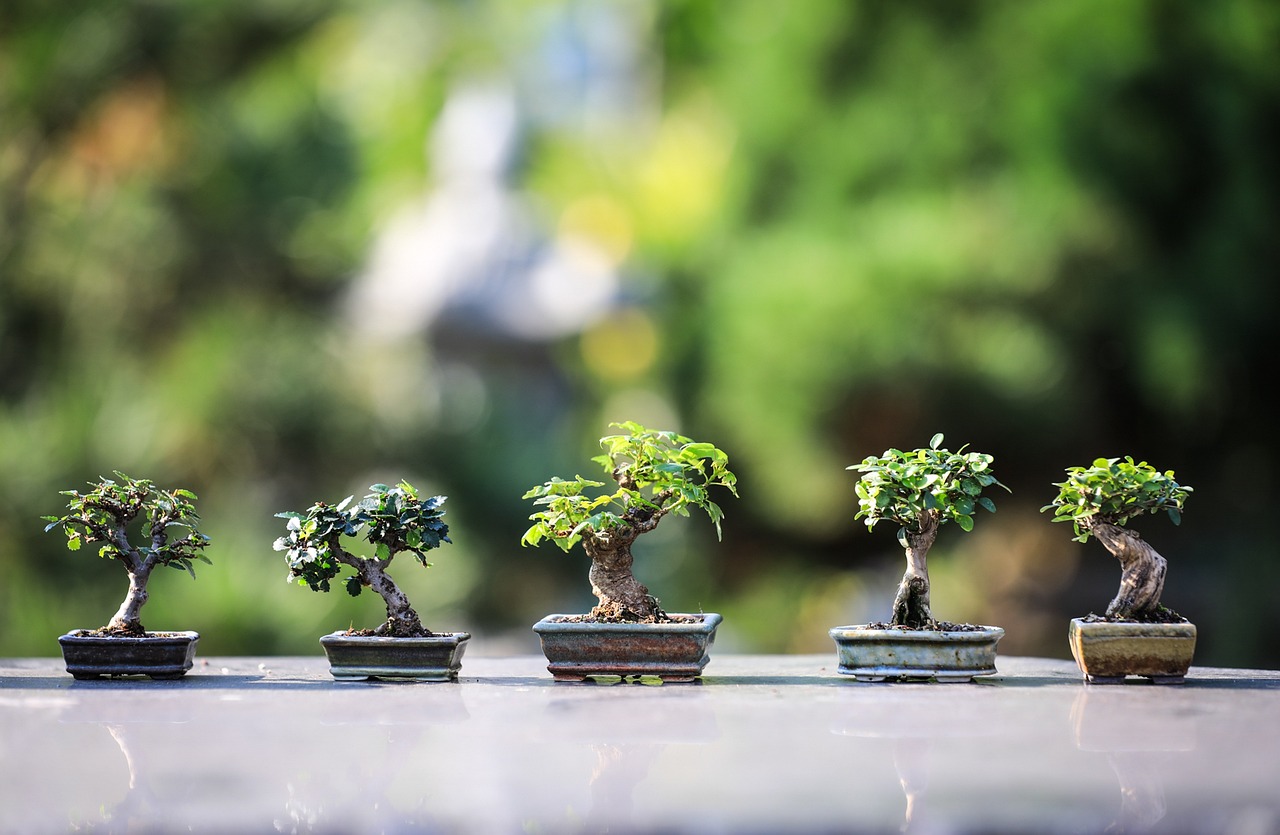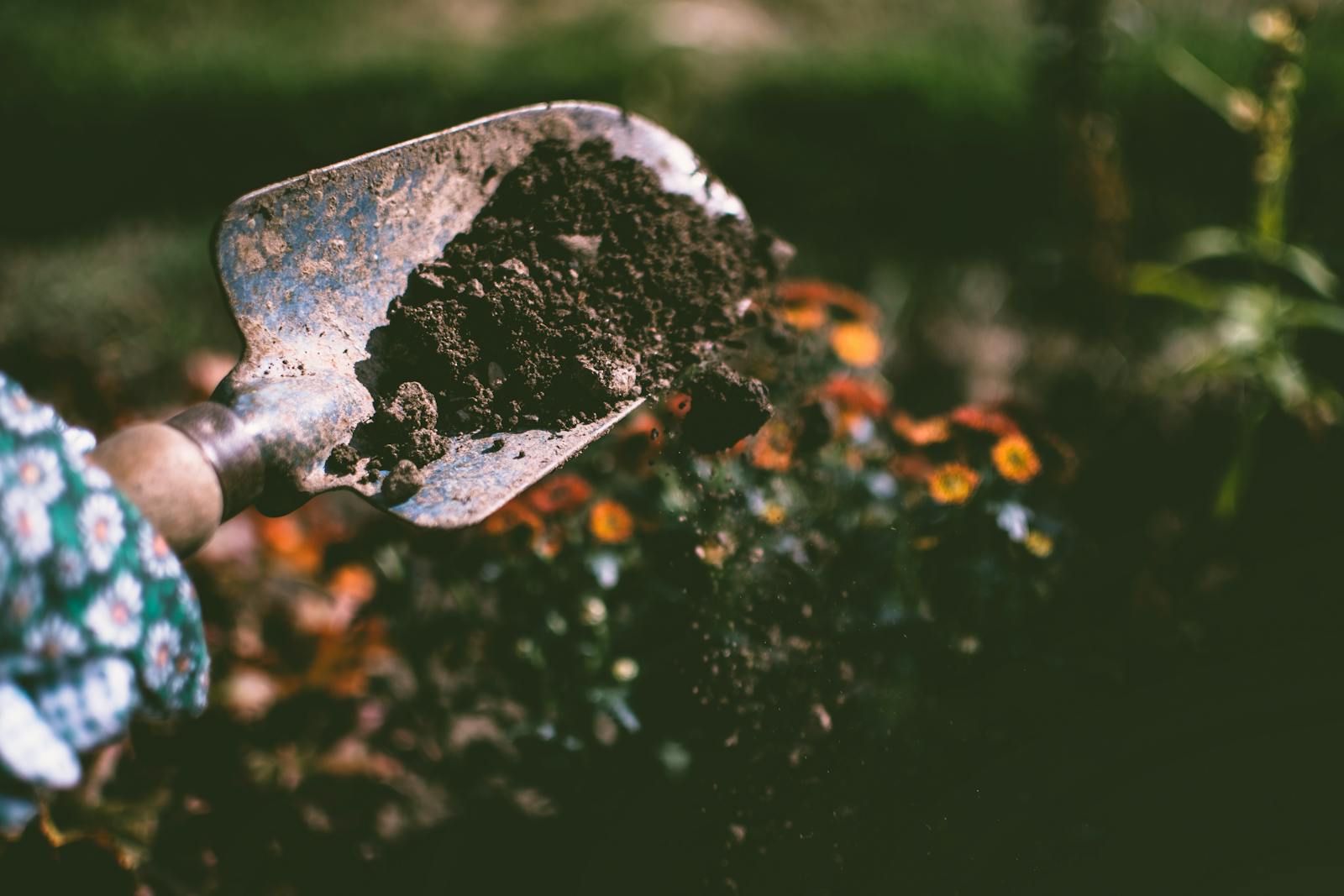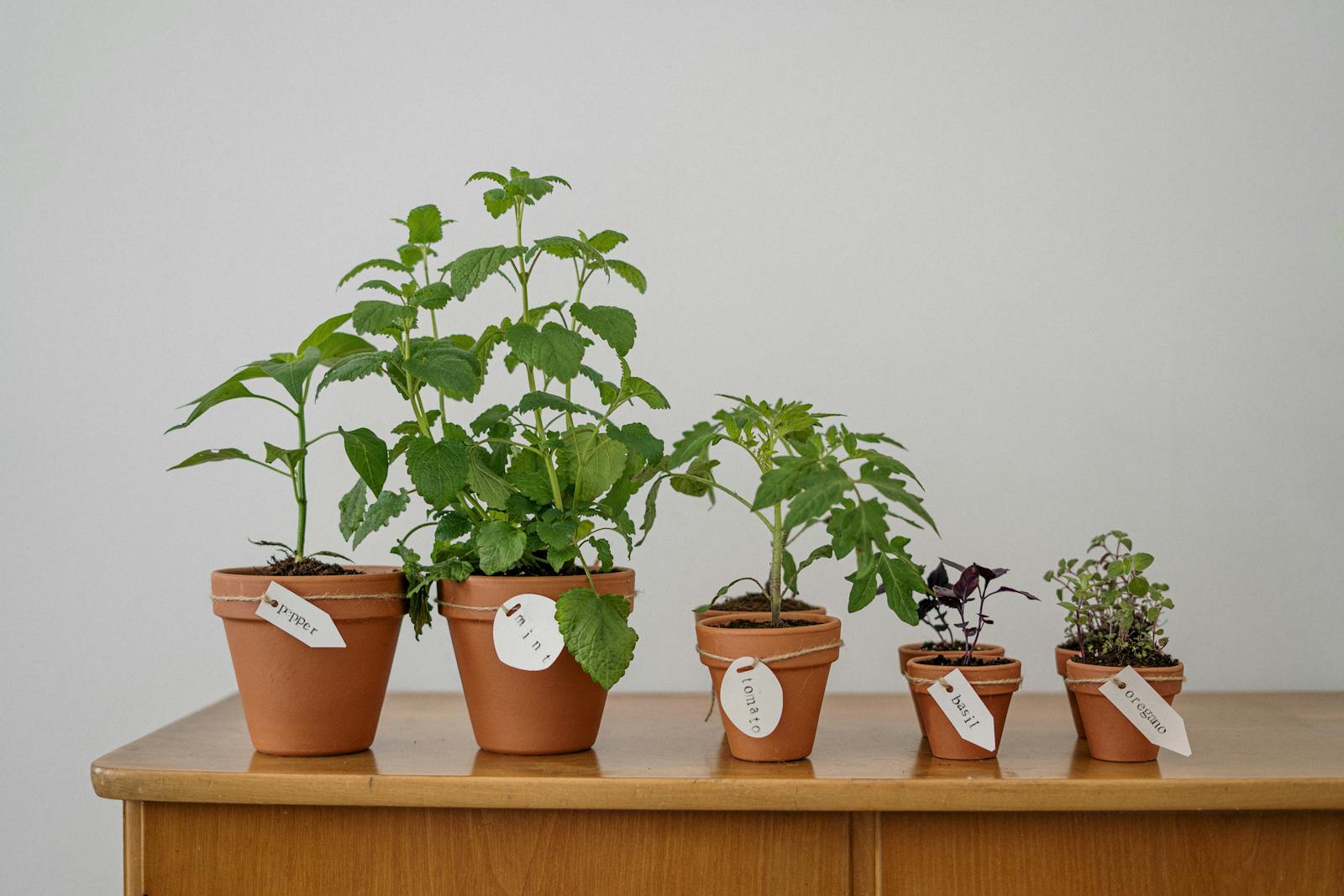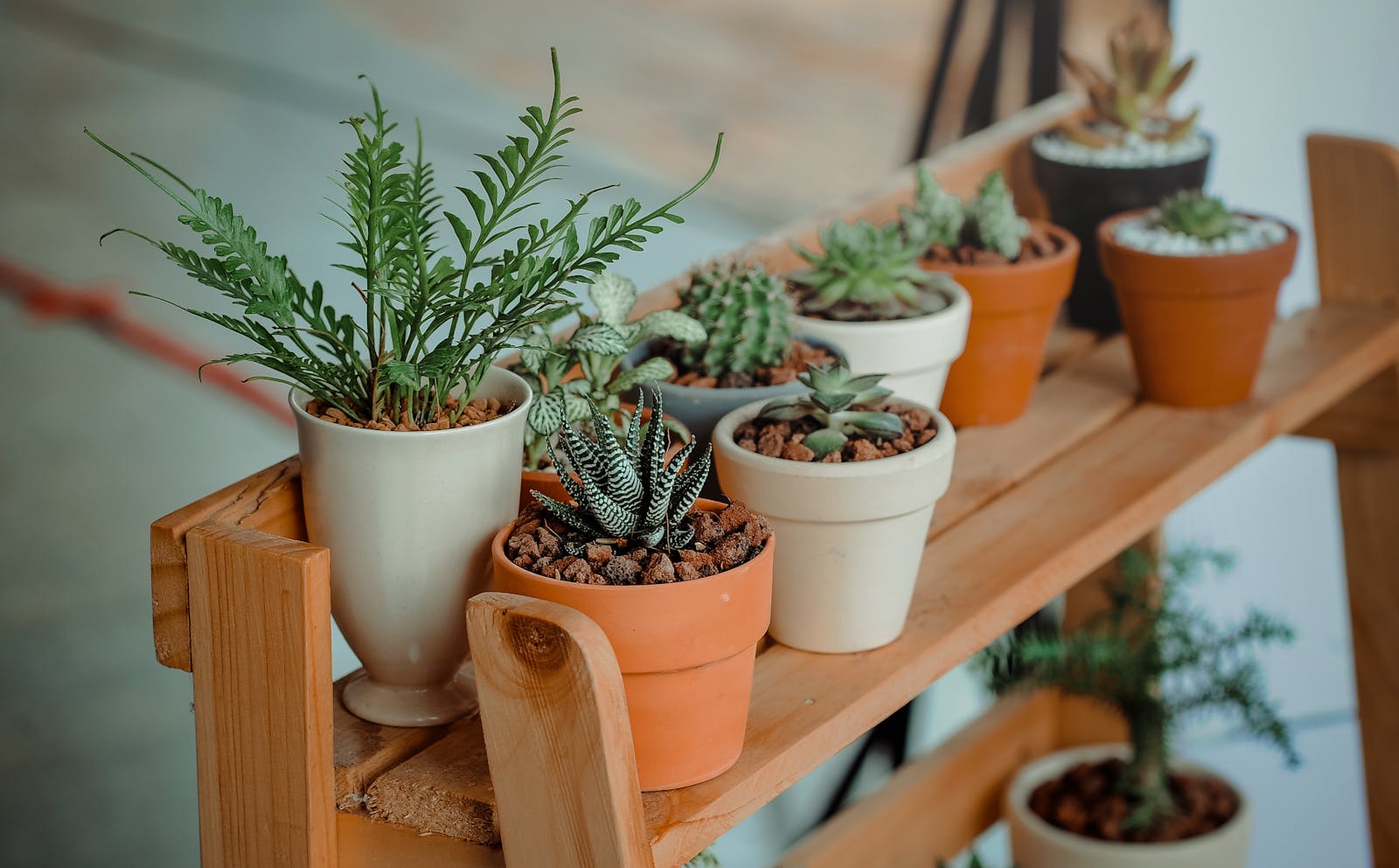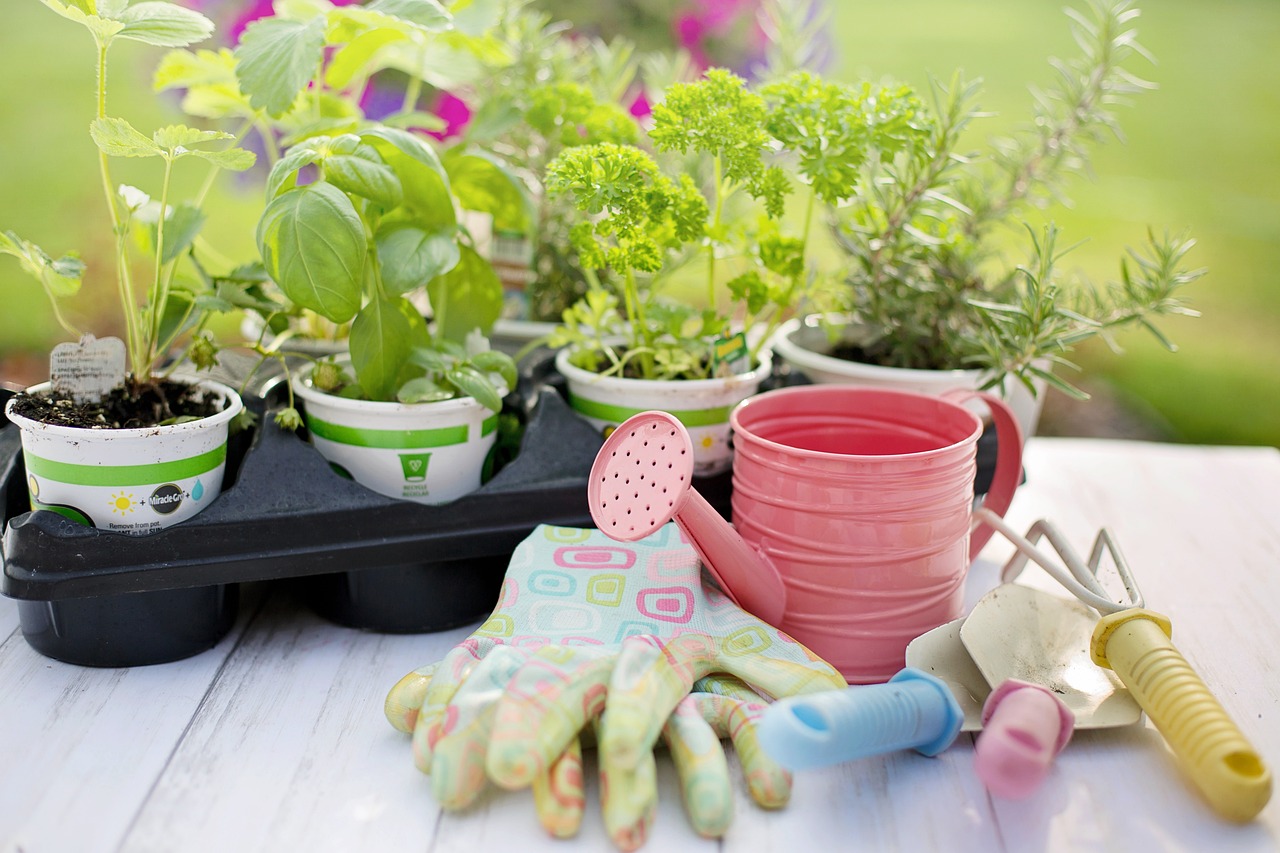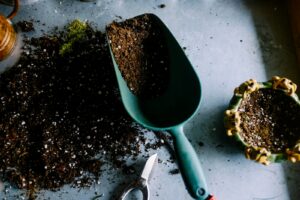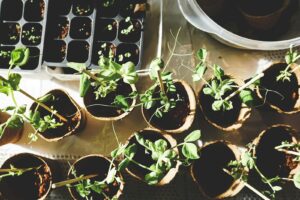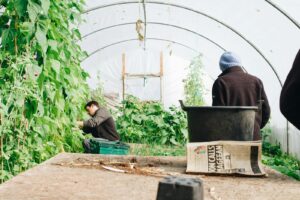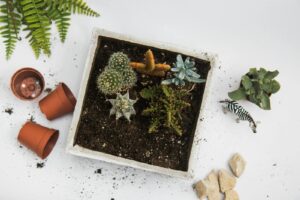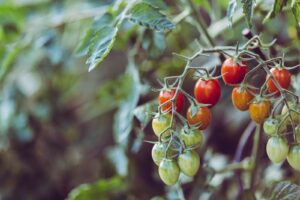Introduction
Compost and organic matter are two of the most powerful tools in a gardener’s arsenal. Both play crucial roles in improving soil health, enhancing plant growth, and creating a more sustainable gardening environment. But how much is too much when it comes to compost and organic matter? Is the more you add, the better? In this blog post, we will explore the importance of compost and organic matter, discuss the benefits they offer, and help you understand how to strike the right balance for your garden.
1. Understanding Compost and Organic Matter
Before diving into the benefits and potential drawbacks of adding compost and organic matter, it’s important to understand what they are and how they function in the soil.
- Compost: Compost is the decomposed material that results from organic waste, such as kitchen scraps, yard trimmings, and other plant-based materials. It’s rich in nutrients and microorganisms that help improve soil structure, fertility, and overall health.
- Organic Matter: Organic matter refers to any plant or animal-based material that has decomposed and added valuable nutrients to the soil. Compost is a type of organic matter, but organic matter can also include fallen leaves, plant residues, and animal manures.
Both compost and organic matter help create the ideal environment for plant roots to grow and thrive.
2. Benefits of Compost and Organic Matter in Your Garden
Adding compost and organic matter to your garden soil offers numerous benefits, including:
- Improved Soil Structure: Organic matter helps improve the texture of soil, making it looser and easier for plant roots to penetrate. This is especially important for clay-heavy soils that tend to become compacted and drain poorly. In sandy soils, organic matter helps retain moisture and nutrients.
- Enhanced Soil Fertility: Compost and organic matter add essential nutrients, such as nitrogen, phosphorus, potassium, and micronutrients, to the soil. These nutrients are released slowly, providing a steady supply to plants throughout their growing season.
- Increased Microbial Activity: The decomposition process of organic matter promotes microbial life in the soil. Beneficial soil organisms, such as earthworms, bacteria, and fungi, play an important role in breaking down organic matter, cycling nutrients, and enhancing soil health.
- Better Water Retention: Organic matter acts like a sponge, absorbing water and holding it in the soil for longer periods of time. This is particularly helpful in areas with dry climates or during drought conditions, as it reduces the need for frequent watering.
- Weed Suppression: Adding a layer of compost or organic mulch on top of the soil can help suppress weeds by blocking sunlight and preventing weed seeds from germinating.
3. How Much Compost and Organic Matter Is Too Much?
While compost and organic matter offer numerous benefits, it’s important to use them in moderation. Adding too much of either can lead to some potential drawbacks:
- Excess Nutrients: Compost and organic matter are rich in nutrients, but too much can lead to nutrient imbalances in the soil. For example, excessive nitrogen from composted manure or compost can lead to lush foliage growth at the expense of flowers or fruit production.
- Waterlogged Soil: In heavy soils, excessive organic matter can reduce drainage and lead to waterlogging. This can suffocate plant roots and create an environment conducive to root rot.
- Overfeeding Plants: Plants that receive too many nutrients from excessive compost or organic matter may experience rapid, unhealthy growth. This can result in weak plants that are more susceptible to pests, diseases, and environmental stress.
- Compaction of Organic Matter: If compost or organic matter is piled too thickly on the soil surface without proper aeration, it may lead to compaction, which reduces oxygen availability for plant roots and soil organisms.
The key is balance. A moderate amount of compost and organic matter will enhance soil health without overwhelming your plants.
4. How to Apply Compost and Organic Matter in Your Garden
To reap the benefits of compost and organic matter without the negative effects, it’s important to apply them correctly. Here are some guidelines:
- Incorporating Compost into the Soil: Spread a 2-3 inch layer of compost over the soil surface and work it into the top 3-4 inches of soil. This helps improve soil structure and nutrient content without causing compaction or waterlogging.
- Top Dressing with Compost: For established plants, you can apply a thin layer of compost on top of the soil around the base of the plants. This helps retain moisture, suppress weeds, and provide slow-release nutrients.
- Mulching: Instead of mixing compost directly into the soil, you can use organic mulch made from compost or other organic materials like straw, grass clippings, or leaves. Mulch helps maintain moisture, reduces erosion, and improves soil over time.
- Compost Tea: Compost tea is a liquid fertilizer made by steeping compost in water. It can be applied to plants as a foliar spray or watered directly into the soil. It’s an excellent way to boost plant health without overwhelming the soil with too many nutrients.
5. The Right Amount for Different Soil Types
Different soil types have different needs when it comes to organic matter and compost:
- Clay Soil: Clay soil tends to be compacted and has poor drainage. Adding compost helps improve its structure, making it looser and more workable. However, too much compost can lead to waterlogging, so it’s important to add organic matter gradually and test soil moisture regularly.
- Sandy Soil: Sandy soil drains quickly and has low nutrient retention. Organic matter helps to retain moisture and nutrients, so a higher proportion of compost may be beneficial. However, adding too much can result in overly acidic soil, so monitoring pH levels is important.
- Loamy Soil: Loamy soil is ideal for most plants and already has a good balance of nutrients, water retention, and drainage. While it still benefits from the addition of compost, you don’t need to add as much as you would to clay or sandy soils.
6. Composting Tips for a Thriving Garden
Creating your own compost is an eco-friendly and cost-effective way to provide organic matter for your garden. Here are some tips for successful composting:
- Balance Green and Brown Materials: A good compost pile requires a mix of “green” materials (such as vegetable scraps, grass clippings, and coffee grounds) and “brown” materials (like leaves, straw, and cardboard). The ideal ratio is about 3 parts brown materials to 1 part green materials.
- Turn Your Pile Regularly: Aeration is key to composting. Turning the pile regularly helps it break down faster and prevents odor. Aim to turn the compost every 1-2 weeks.
- Keep It Moist: Compost needs moisture to decompose properly, but it should never be soaking wet. Aim for the consistency of a wrung-out sponge.
- Avoid Certain Materials: Avoid composting meat, dairy, and oily foods, as they can attract pests and cause odor issues. Stick to plant-based materials for the best results.
7. Conclusion
Incorporating compost and organic matter into your garden can significantly enhance soil health, improve plant growth, and support sustainable gardening practices. However, like everything in gardening, moderation is key. Too much of a good thing can lead to imbalances and problems. By applying compost and organic matter at the right time and in the right amounts, you’ll be able to create a thriving garden that’s both beautiful and productive.
